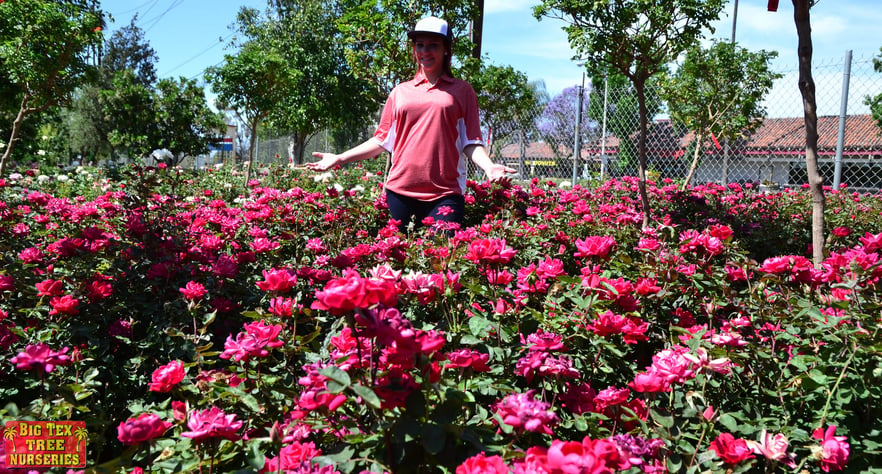
When it comes to romance, few things compare to saying what’s on your mind than a bouquet of a dozen roses. They are beautiful and fragrant, and besides being the symbol of love and romance, they are also a valuable and attractive addition to any landscape. After all, being able to wake up to the sight of a rose garden near windows and taking in the scent of a rose is a beautiful way to start any day! Moon Valley Nurseries grows vibrant and healthy roses, and with over 150 species and thousands of cultivars available in nearly every color and a variety of shapes, you are sure to find the perfect rose at any of our nurseries. We’ve got you covered whether you are looking for a landscape shrub for screens, hedges, and mass planting or are looking to create a charming setting with climbing/trailing roses that can be trained to climb on pillars, fences, arbors, and gazebos.
Rose bushes make excellent hedges or container plants and are a natural choice for flower beds and shrub borders. With a little bit of love and care, you can grow the most beautiful roses on the block. Keep reading for helpful tips!
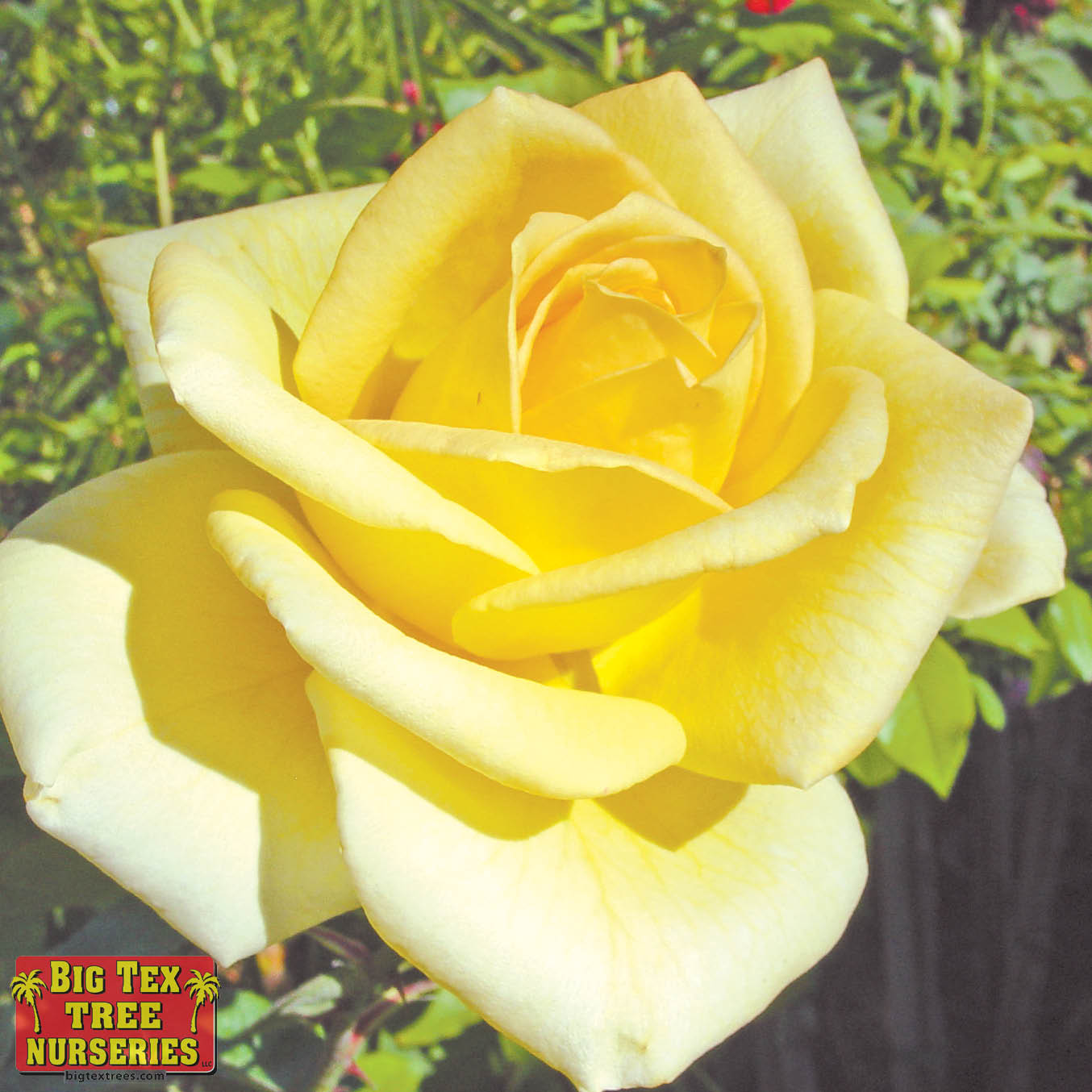
WHERE TO GROW:
Roses love the sun, so it is essential to choose a spot in your yard that gets plenty of full sun exposure. Total sun exposure is at least six to eight hours of sun each day. Roses that do not get at least five to six hours of sun every day may gradually weaken. In very hot climates, it makes sense to grow them in a spot where they are protected from the hot afternoon sun. Choose a place where there is good air circulation too.
TIP:
do not plant too close to trees or large shrubs because their roots can steal the water and nutrients intended for your roses. Our Moon Valley Nurseries design experts will be glad to help you choose the perfect spot to plant them.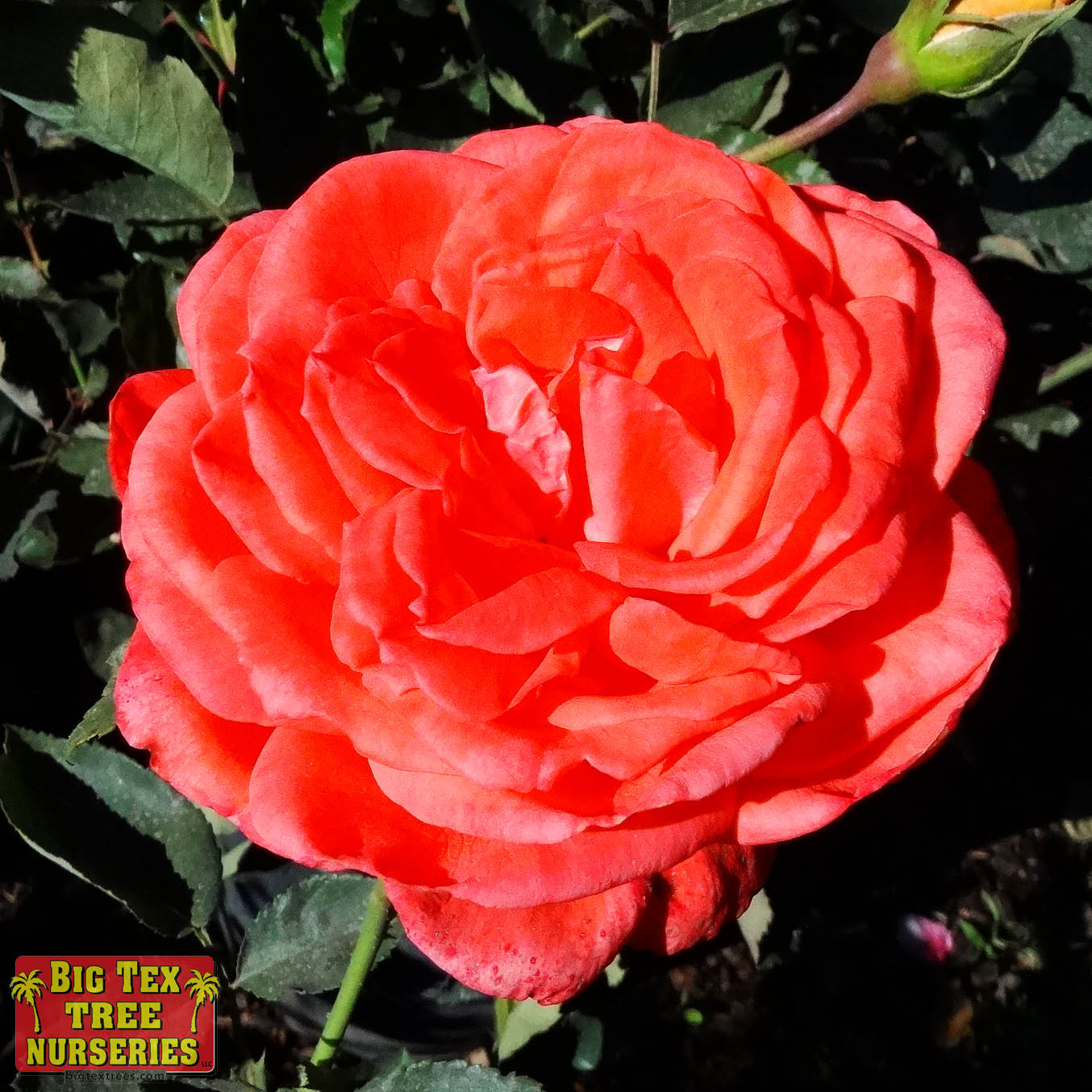
WATERING:
Roses love the sun, so it is essential to choose a spot in your yard that gets plenty of full sun exposure. Total sun exposure is at least six to eight hours of sun each day. Roses that do not get at least five to six hours of sun every day may gradually weaken. In very hot climates, it makes sense to grow them in a spot where they are protected from the hot afternoon sun. Choose a place where there is good air circulation too.
TIP:
use mulch to help conserve water, reduce stress, and encourage healthy growth. We like to apply a 2 to 4-inch layer of chopped leaves, grass clippings, or shredded bark around the bases of roses. Be sure to pick up our mulch products at any of our Moon Valley Nursery locations.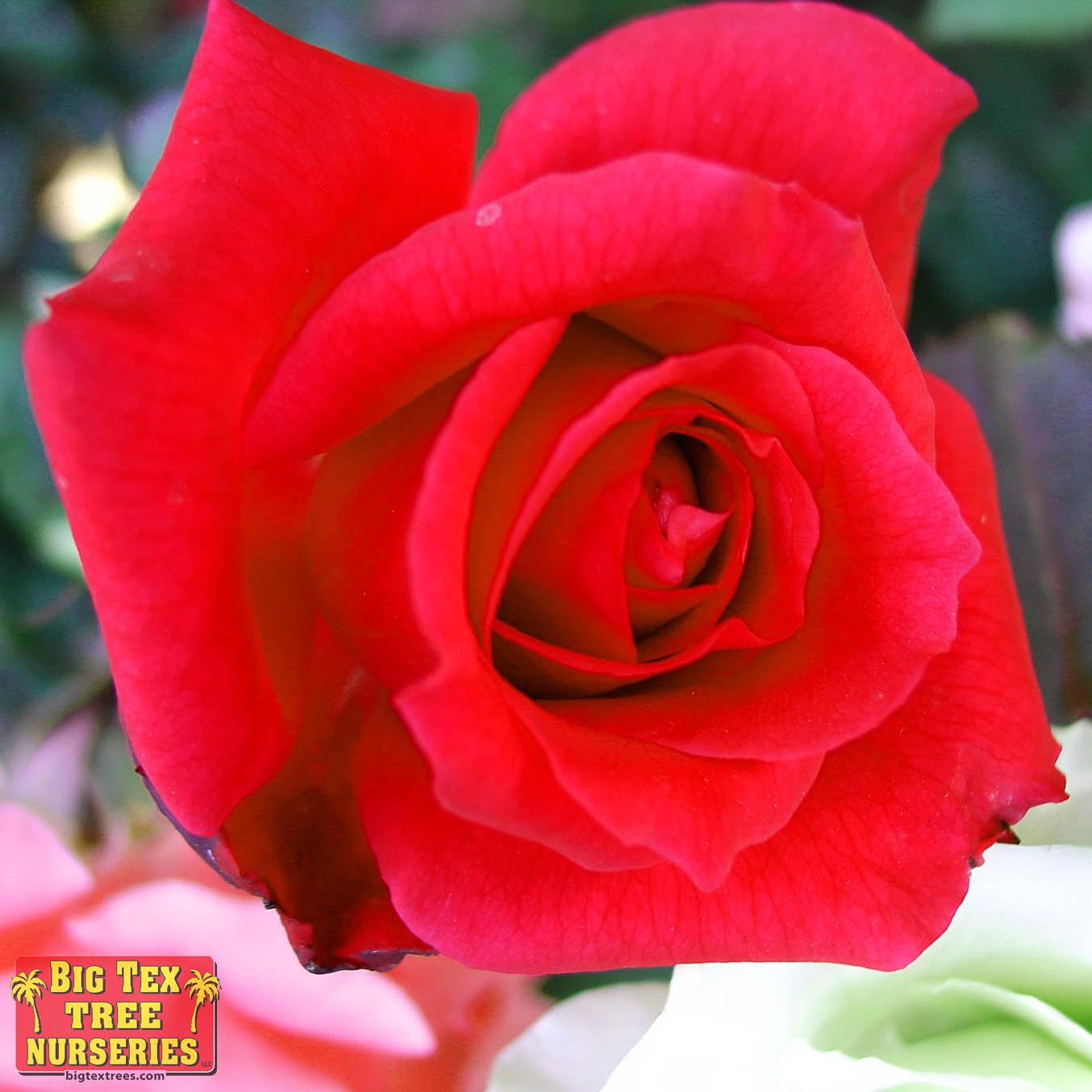
FEEDING:
Regular fertilization is recommended to produce the most gratifying results, especially for repeat flowering modern roses. You will want to stop fertilizing six weeks before the first frost appears. Moon Valley Nurseries has the perfect fertilizer available at any of our Moon Valley Nursery locations, so be sure to pick some up or ask any of our nursery pros for help.
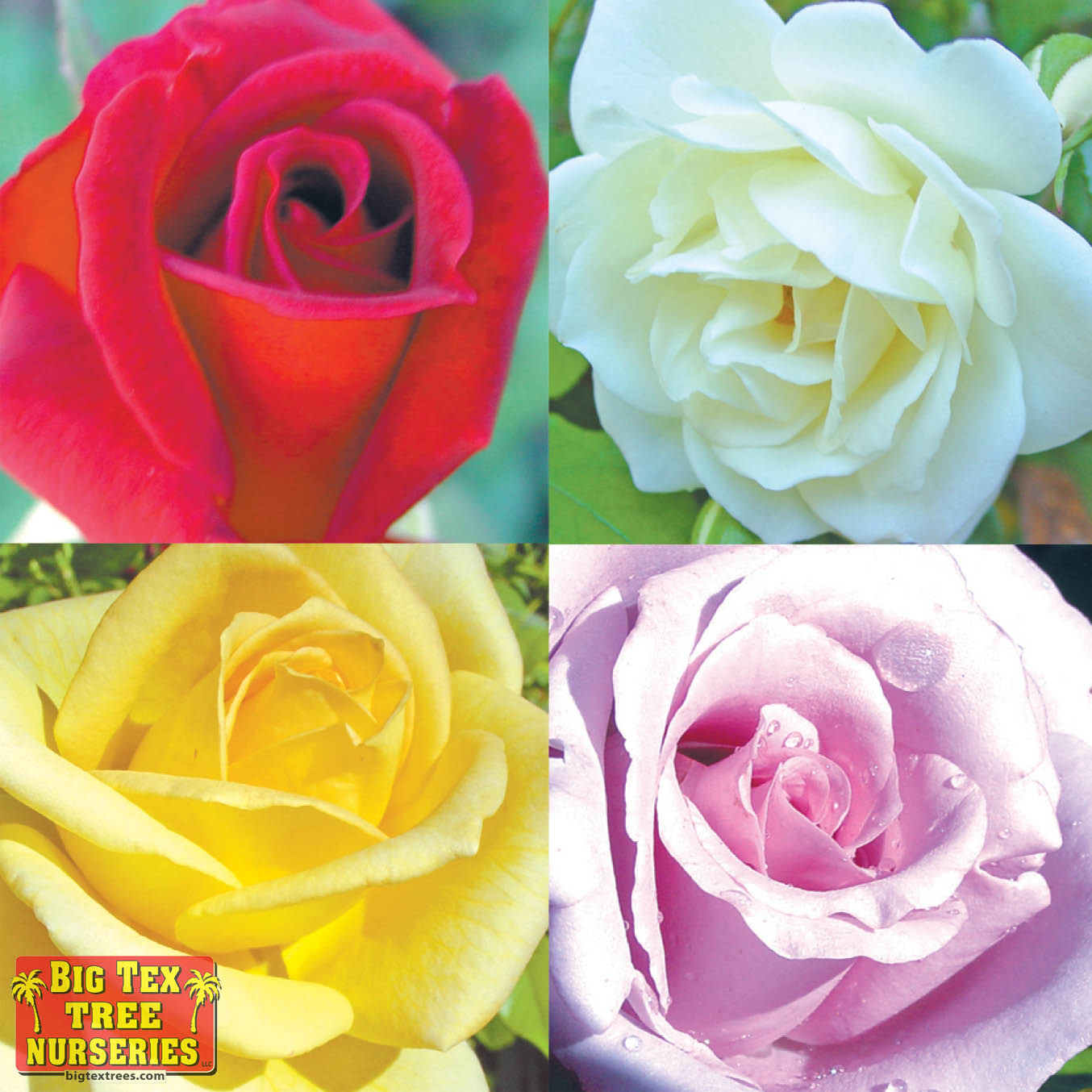
PRUNING:
Annual pruning contributes to the health, longevity, and productivity of roses. In other words, proper pruning will promote strong growth so that it will bear beautiful flowers! Believe it or not, cutting flowers is a beneficial form of pruning. That said, always leave a stem with at least two sets of five-leaflet leaves and don’t deprive the plant of too much foliage. You will want to remove and destroy all the old or diseased plant material. Deadhead often (remove spent flowers) and keep beds clean, doing this regularly throughout the growing season is good for your plants and can produce more flowers – a win-win situation! Plus, it gets you outdoors so you can soak up some vitamin D while getting in a bit of exercise too!
WHAT YOU’LL NEED:
- Thick elbow length gloves that can protect your hands from thorns
- Pruning shears (for smaller growth)
- Loppers (for growth that is more than half an inch thick)
- Small pruning saw
Submit a Comment